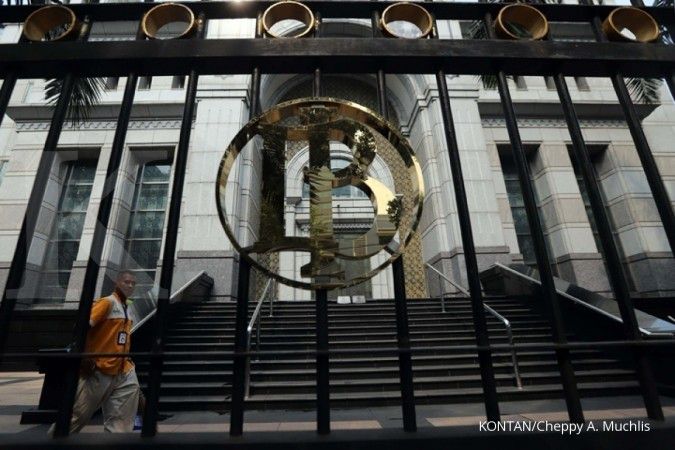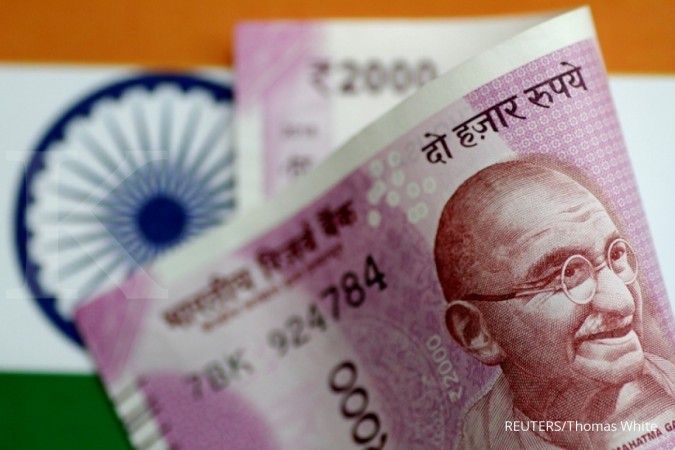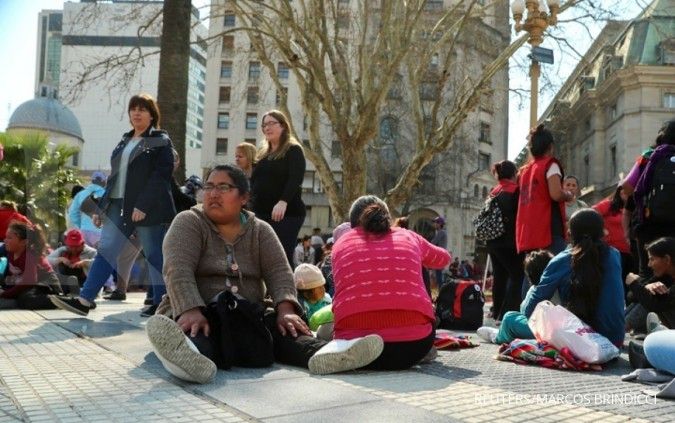INFLATION - MANILA. Philippine annual inflation steadied in October at its highest rate in almost a decade as costlier fuel and utilities countered slower increases in food prices, likely keeping the central bank on course for further policy tightening.
It was the first time this year that inflation in one of Asia's fastest-growing economies has steadied, although economists had expected it to ease, prompting forecasts of another interest rate increase when policymakers meet next week.
The consumer price index rose 6.7 percent last month from a year earlier, the same pace as in September, although surpassing the median estimate of 6.5 percent in a Reuters' poll of economists. The central bank had forecast inflation within a range of 6.2-7.0 percent for the month.
Core inflation, which strips out volatile food and fuel items, quickened to 4.9 percent in October from 4.7 percent in September, the Philippine Statistics Authority said. That was the highest on record based on government data that goes back to January 2013.
"Core inflation is still rising which to me, outside of the supply factors, suggests demand conditions remain strong," said Nomura economist Euben Paracuelles.
"The case for a rate hike is still there," said Paracuelles, who sees another 100-basis point increase over the next six months including a 25-bps hike at the next meeting on Nov. 15.
The central bank has raised interest rates at its last four consecutive meetings by a total of 150 basis points, bringing its benchmark rate to 4.5 percent in its bid to cool inflation.
But central bank governor Nestor Espenilla said the latest data shows inflationary pressures are moderating. Month-on-month inflation eased to 0.3 percent in October from 0.8 percent in September.
"It's a significant deceleration although the headline figure remains elevated. The second-round effects are also muted so far. That augurs well for a return to inflation target by 2019," Espenilla told reporters in a text message.
The central bank is targeting inflation of 2-4 percent for 2018 to 2020.
/2018/10/03/1623554148p.jpg)













